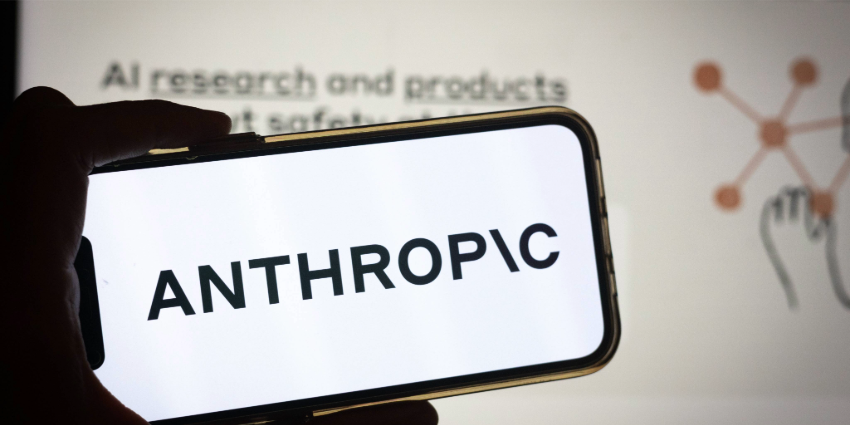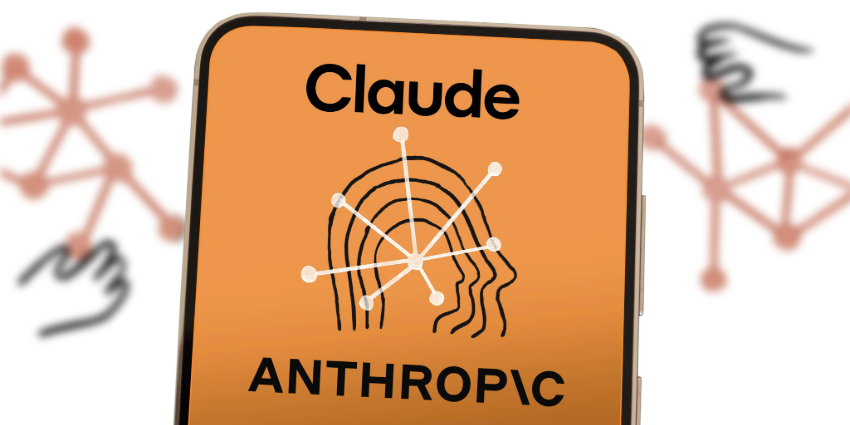DeepSeek has captured global attention recently with its recent GenAI breakthrough; challenging the big names in AI with its high-performing, cost-efficient AI solutions.
The Chinese firm’s sudden emergence as a major player, claiming to match leading models’ capabilities at a fraction of the cost, has sparked both excitement and scrutiny.
What DeepSeek can deliver is impressive, but its lightning-quick rise and relatively unknown background have raised several areas of concern that warrant careful examination.
Privacy Concerns
The handling and storage of user data is a primary concern surrounding DeepSeek’s rapid rise in the AI landscape. Like other AI systems, DeepSeek collects user information, including email addresses and birth dates, before analysing user prompts to deliver its service. However, the storage of this data on servers in China has drawn attention from international regulators and cybersecurity experts worldwide.
Many nations have already acted in response to these concerns. The United States Navy has banned its members from using DeepSeek for both work-related and personal use, while NASA has forbidden the technology on government-issued devices and networks.
Texas became the first state to implement a complete ban on government devices. Republican Governor Greg Abbott proclaimed:
[Texas] will not allow the Chinese Communist Party to infiltrate our state’s critical infrastructure through data-harvesting AI.
Additionally, a newly proposed bill by Senator Josh Hawley could implement even stricter measures, including fines up to $1 million for individuals and $100 million for businesses using DeepSeek.
Italy has removed the chatbot from app stores pending a review of its privacy policies, while regulators in Ireland and France have begun formally investigating DeepSeek’s data handling practices.
Australia has implemented the most stringent measures, announcing a complete ban of DeepSeek across all government systems and devices, citing what it terms an “unacceptable risk” to national security.
Security experts emphasise that users working with confidential information should be particularly mindful of how their inputs might be stored and analysed. The company’s data collection practices, while similar to other AI providers, face heightened scrutiny due to questions about data sovereignty and international data protection regulations.
Security Vulnerabilities
Recent security assessments have identified significant vulnerabilities in DeepSeek’s systems, which raise concerns about its safety mechanisms. A comprehensive study conducted by Cisco’s Robust Intelligence and the University of Pennsylvania revealed troubling results when testing DeepSeek R1 against harmful prompts.
The research team applied an automated attack methodology, covering six categories of harmful behaviours including cybercrime, misinformation, illegal activities, and general harm.
DeepSeek R1 exhibited a 100% attack success rate, meaning it failed to block any harmful prompts! This stands in stark contrast to other leading models, which demonstrated at least partial resistance to similar attacks.
In comparison, Claude-3.5-Sonnet showed a 36% success rate against these attacks. OpenAI – whose latest model is deemed robust enough to earn a government commission – achieved a 26% success rate.
What this suggests is that DeepSeek’s rapid development and cost-efficient training methods may have compromised its security infrastructure. The U.S. Navy has reportedly restricted its personnel from using DeepSeek applications, although this has not been officially confirmed.
These security concerns pose the question: where should the line between rapid AI development and necessary safety precautions be drawn?
Development and Innovation Concerns
Questions have also been raised about DeepSeek’s development methods, especially regarding its reported ability to achieve comparable results to leading AI models at a fraction of the cost – approximately $6 million compared to the billions spent by competitors. OpenAI has expressed concerns about potential unauthorised use of their work by competitors, including Chinese firms, through a process known as ‘knowledge distillation’.
While DeepSeek’s approach combines innovative techniques like chain-of-thought prompting and reinforcement learning, some experts question whether such cost-efficient training is achievable without building upon existing models. White House AI advisor David Sacks has suggested that steps may be needed to prevent unauthorised knowledge distillation from U.S. AI models, indicating potential intellectual property concerns.
These issues have solicited swift diverse responses from governments and organisations worldwide.
As we learn more about the Chinese newcomer, businesses and users must carefully weigh the potential benefits of DeepSeek’s technology and relatively low cost against these privacy, security, and development considerations.
The ongoing investigations by multiple regulatory bodies should provide additional clarity on these issues in the coming months, while potentially setting precedents and guidelines for how similar AI technologies are evaluated and regulated in the future.

![DeepSeek has captured global attention recently with its recent GenAI breakthrough; challenging the big names in AI with its high-performing, cost-efficient AI solutions. The Chinese firm's sudden emergence as a major player, claiming to match leading models' capabilities at a fraction of the cost, has sparked both excitement and scrutiny. What DeepSeek can deliver is impressive, but its lightening-quick rise and relatively unknown background have raised several areas of concern that warrant careful examination. Privacy Concerns The handling and storage of user data is a primary concern surrounding DeepSeek's rapid rise in the AI landscape. Like other AI systems, DeepSeek collects user information, including email addresses and birth dates, before analysing user prompts to deliver its service. However, the storage of this data on servers in China has drawn attention from international regulators and cybersecurity experts worldwide. Many nations have already acted in response to these concerns. The United States Navy has banned its members from using DeepSeek for both work-related and personal use, while NASA has forbidden the technology on government-issued devices and networks. Texas became the first state to implement a complete ban on government devices. Republican Governor Greg Abbott proclaimed: [Texas] will not allow the Chinese Communist Party to infiltrate our state's critical infrastructure through data-harvesting AI. Additionally, a newly proposed bill by Senator Josh Hawley could implement even stricter measures, including fines up to $1 million for individuals and $100 million for businesses using DeepSeek. Italy has removed the chatbot from app stores pending a review of its privacy policies, while regulators in Ireland and France have began formally investigating DeepSeek's data handling practices. Australia has implemented the most stringent measures, announcing a complete ban of DeepSeek across all government systems and devices, citing what it terms an](https://aitoday.com/wp-content/uploads/2025/02/Various-concerns-have-been-rasied-about-DeepSeek.png)






